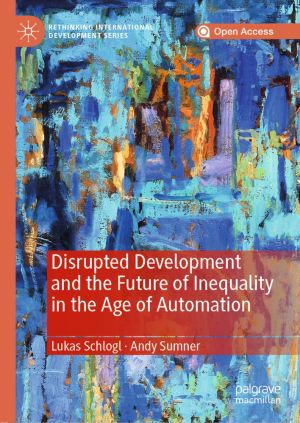
This book examines the future of inequality, work and wages in the age of automation with a focus on developing countries. The authors argue that the rise of a global 'robot reserve army' has profound effects on labor markets and economic development, but, rather than causing mass unemployment, new technologies are more likely to lead to ...
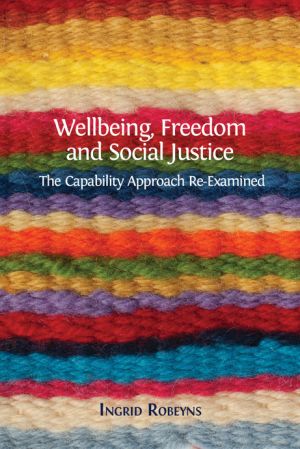
How do we evaluate ambiguous concepts such as wellbeing, freedom, and social justice? How do we develop policies that offer everyone the best chance to achieve what they want from life? The capability approach, a theoretical framework pioneered by the philosopher and economist Amartya Sen in the 1980s, has become an increasingly influential way to ...

In this bold and original study, Jeff Kochan constructively combines the sociology of scientific knowledge (SSK) with Martin Heidegger's early existential conception of science. Kochan shows convincingly that these apparently quite different approaches to science are, in fact, largely compatible, even mutually reinforcing.
By combining Heid...

This book looks at the dramatic history of ovariotomy, an operation to remove ovarian tumours first practiced in the early nineteenth century. Bold and daring, surgeons who performed it claimed to be initiating a new era of surgery by opening the abdomen. Ovariotomy soon occupied a complex position within medicine and society, as an operation which...

This book explores the question of who or what 'the public' is within 'public health' in post-war Britain. Drawing on historical research on the place of the public in public health in Britain from the establishment of the National Health Service in 1948, the book presents a new perspective on the relationship between state and ...

This book provides an authoritative insight on the Loss and Damage discourse by highlighting state-of-the-art research and policy linked to this discourse and articulating its multiple concepts, principles and methods. Written by leading researchers and practitioners, it identifies practical and evidence-based policy options to inform the discourse...

This open access edited volume offers an analysis of the entangled histories of education and development in twentieth-century Africa. It deals with the plurality of actors that competed and collaborated to formulate educational and developmental paradigms and projects: debating their utility and purpose, pondering their necessity and risk, and eva...

This book is open access under a CC-BY licence. Cancer is perhaps the modern world's most feared disease. Yet, we know relatively little about this malady's history before the nineteenth century. This book provides the first in-depth examination of perceptions of cancerous disease in early modern England. Looking to drama, poetry and pole...

This open access book provides an exploration of the consequences of the ontological differences between natural and social objects (sometimes described as objects of nature and objects of thought) in the workings of causal and agency relationships. One of its important and possibly original conclusions is that causal and agency relationships do no...
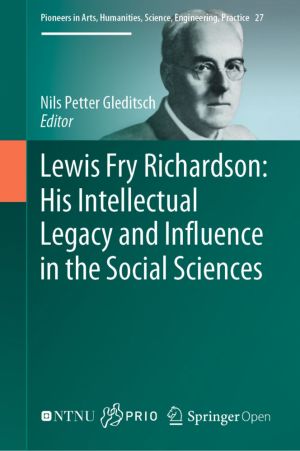
This is an open access book. Lewis F Richardson (1981-1953), a physicist by training, was a pioneer in meteorology and peace research and remains a towering presence in both fields. This edited volume reviews his work and assesses its influence in the social sciences, notably his work on arms races and their consequences, mathematical models, the s...

This book presents five different approaches to reading breath in literature, in response to texts from a range of historical, geographical and cultural environments. Breath, for all its ubiquity in literary texts, has received little attention as a transhistorical literary device. Drawing together scholars of Medieval Romance, Early Modern Drama, ...

This book presents work collected through the Liquefaction Experiments and Analysis Projects (LEAP) in 2017. It addresses the repeatability, variability, and sensitivity of lateral spreading observed in twenty-four centrifuge model tests on mildly sloping liquefiable sand. The centrifuge tests were conducted at nine different centrifuge facilitie...
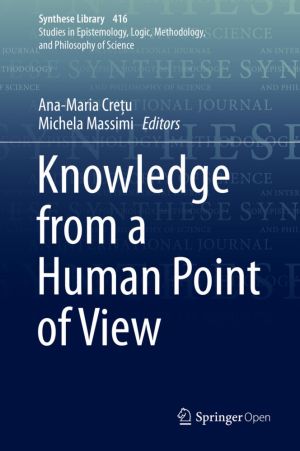
This open access book – as the title suggests – explores some of the historical roots and epistemological ramifications of perspectivism. Perspectivism has recently emerged in philosophy of science as an interesting new position in the debate between scientific realism and anti-realism. But there is a lot more to perspectivism than discussions ...

There could be no more opportune time than the start of the third millennium AD to produce an entirely new atlas of world history. Not only does this symbolic (if arbitrary) moment provoke a mood of public retrospection, but the pace of global change itself demands a greater awareness of "whole world" history.
More than 20 years have p...
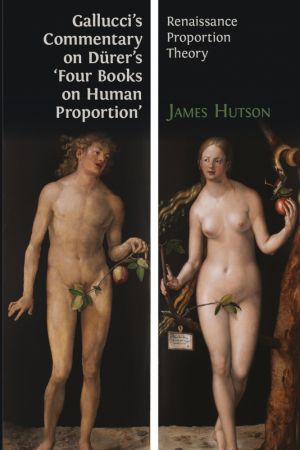
In 1591, Giovanni Paolo Gallucci published his Della simmetria dei corpi humani, an Italian translation of Albrecht Dürer's Four Books on Human Proportion. While Dürer's treatise had been translated earlier in the sixteenth-century into French and Latin, it was Gallucci's Italian translation that endured in popularity as the most c...
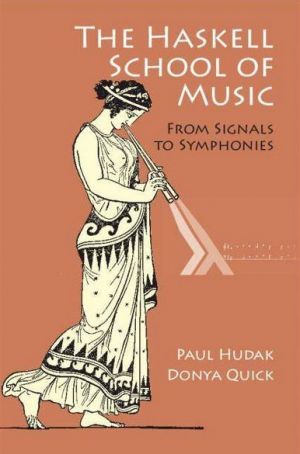
This free book explores the fundamentals of computer music and functional programming through the Haskell programming language. Functional programming is typically considered difficult to learn. This introduction in the context of creating music will allow students and professionals with a musical inclination to leverage their experience to help un...
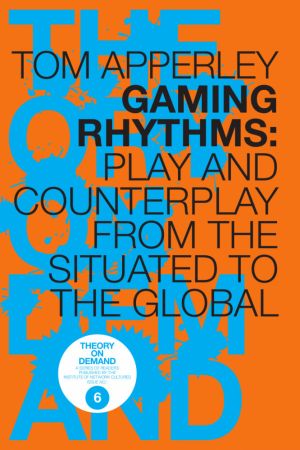
This book is about digital games, the people who play digital games, and how they play them. This poses a large problem: even when discussing one game, each instance of play is different. Combine this with the thousands of digital games, and the millions of players, and it is apparent that the number of individual instances of game play is unfathom...
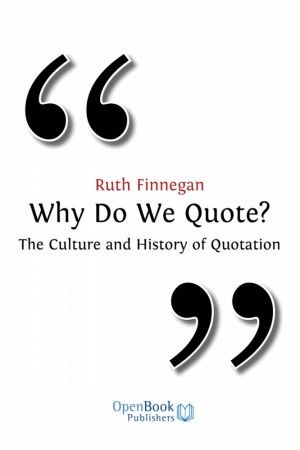
Quoting is all around us. But do we really know what it means? How do people actually quote today, and how did our present systems come about? This book brings together a down-to-earth account of contemporary quoting with an examination of the comparative and historical background that lies behind it and the characteristic way that quoting links pa...

Every day in Mumbai 5,000 dabbawalas (literally translated as "those who carry boxes") distribute a staggering 200,000 home-cooked lunchboxes to the city's workers and students. Giving employment and status to thousands of largely illiterate villagers from Mumbai's hinterland, this co-operative has been in operation since the la...
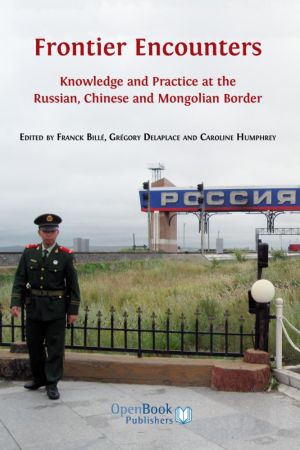
China and Russia are rising economic and political powers that share thousands of miles of border. Yet, despite their proximity, their practical, local interactions with each other - and with their third neighbour Mongolia - are rarely discussed. The three countries share a boundary, but their traditions, languages and worldviews are remarkably dif...
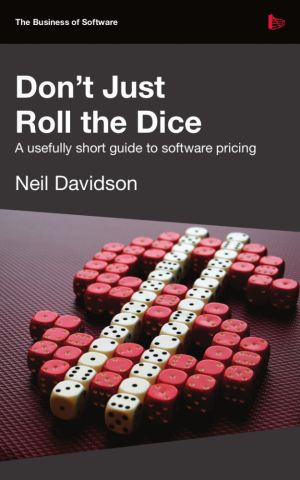
How do you price your software? Is it art, science or magic? How much attention should you pay to your competitors?
This short handbook will provide you with the theory, practical advice and case studies you need to stop yourself from reaching for the dice.
Neil Davidson is co-founder of Red Gate Software. Redgate was founded in 1999 and now ...

This book provides anthropological insights into the arduous yet rewarding journeys involved in selected TESOL teachers' pedagogical transition to teaching English for Academic Purposes (EAP) at universities in Shanghai, the largest metropolitan area in China.
Applying a unique combination of ethnography and phenomenology, the book offers in...
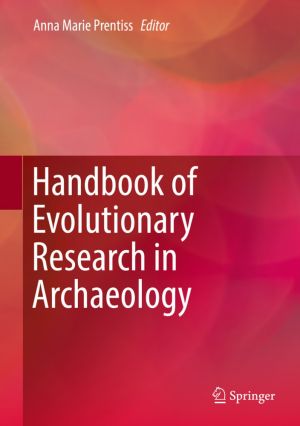
Evolutionary Research in Archaeology seeks to provide a comprehensive overview of contemporary evolutionary research in archaeology. The book will provide a single source for introduction and overview of basic and advanced evolutionary concepts and research programs in archaeology. Content will be organized around four areas of critical research in...

This volume is a comprehensive, critical introduction to vertebrate zooarchaeology, the field that explores the history of human relations with animals from the Pliocene to the Industrial Revolution. The book is organized into five sections, each with an introduction, that leads the reader systematically through this swiftly expanding field. Sec...
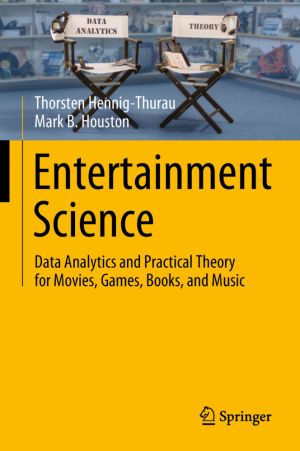
The entertainment industry has long been dominated by legendary screenwriter William Goldman’s “Nobody-Knows-Anything” mantra, which argues that success is the result of managerial intuition and instinct. This book builds the case that combining such intuition with data analytics and rigorous scholarly knowledge provides a source of sustainab...
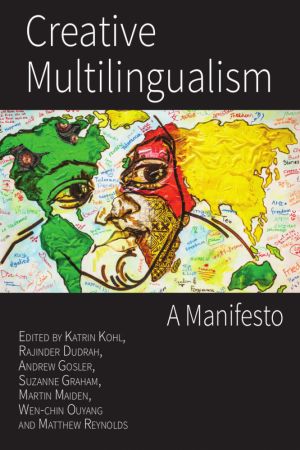
Multilingualism is integral to the human condition. Hinging on the concept of Creative Multilingualism - the idea that language diversity and creativity are mutually enriching - this timely and thought-provoking volume shows how the concept provides a matrix for experimentation with ideas, approaches and methods.
The book presents four years of ...

This book vividly presents the story of Margery Spring Rice, an instrumental figure in the movements of women's health and family planning in the first half of the twentieth century. Margery Spring Rice, née Garrett, was born into a family of formidable female trailblazers - niece of physician and suffragist Elizabeth Garrett Anderson, and of...
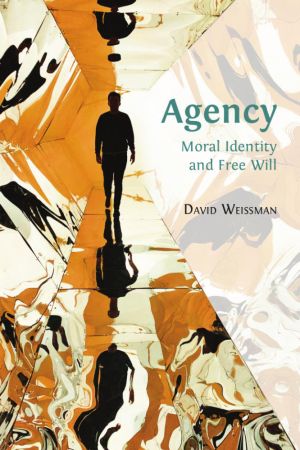
There is agency in all we do: thinking, doing, or making. We invent a tune, play, or use it to celebrate an occasion. Or we make a conceptual leap and ask more abstract questions about the conditions for agency. They include autonomy and self-appraisal, each contested by arguments immersing us in circumstances we don't control. But can it be t...
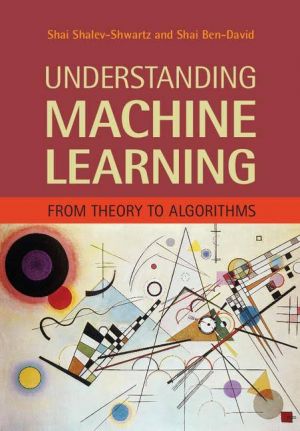
The subject of this book is automated learning, or, as we will more often call it, Machine Learning (ML). That is, we wish to program computers so that they can "learn" from input available to them. Roughly speaking, learning is the process of converting experience into expertise or knowledge. The input to a learning algorithm is training...
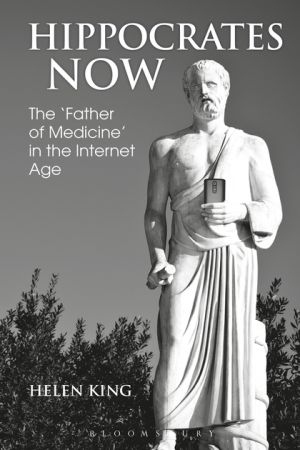
This book will challenge widespread assumptions about Hippocrates (and, in the process, about the history of medicine in ancient Greece and beyond) and will also explore the creation of modern myths about the ancient world. Why do we continue to use Hippocrates, and how are new myths constructed around his name? How do news stories and the internet...
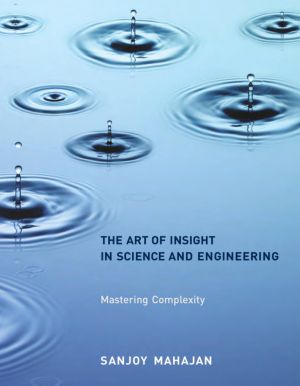
This book shows us that the way to master complexity is through insight rather than precision. Precision can overwhelm us with information, whereas insight connects seemingly disparate pieces of information into a simple picture. Unlike computers, humans depend on insight. Based on the author's fifteen years of teaching at MIT, Cambridge Unive...

Most contemporary digital studies are interested in distant-reading paradigms for large-scale literary history. This book asks what happens when such telescopic techniques function as a microscope instead. The first monograph to bring a range of computational methods to bear on a single novel in a sustained fashion, it focuses on the award-winning ...
